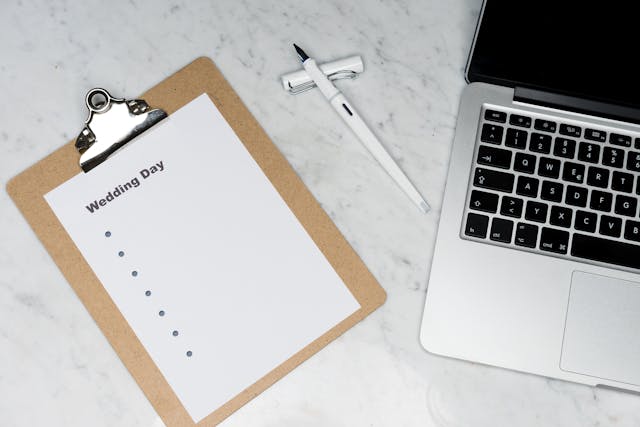Planning a wedding in India is no small feat. With the average Indian wedding budget reaching ₹36.5 lakh and destination weddings costing upwards of ₹51.1 lakh, the stakes are high for couples and their families. The Indian wedding planning market, valued at USD 6.42 billion in 2024, continues to grow as more couples recognize the value of professional assistance in orchestrating their special day.
With multiple ceremonies, extensive guest lists, and intricate cultural traditions, Indian weddings demand meticulous planning and execution. This is where a professional wedding planner becomes invaluable. But how do you ensure you’re hiring the right person for this crucial role? This guide covers all essential questions to ask wedding planner India professionals before making your final decision.
Why Hiring a Wedding Planner in India is Worth Considering
Before diving into the questions, it’s important to understand why a wedding planner in India can be a worthwhile investment. According to recent statistics, only 10.5% of couples hire professional planners for local weddings, while this number rises to 27% for destination weddings. However, with the average wedding requiring over 500 planning hours, professional assistance can significantly reduce stress and ensure a smooth celebration.
A professional wedding planner in India typically charges between ₹4,00,000 to ₹10,00,000 depending on the services offered. While this may seem substantial, their expertise in vendor negotiations, crisis management, and logistical coordination often results in overall cost savings and a more seamless experience.
Key Wedding Event Planning Questions to Ask Before Hiring
Experience and Expertise
When interviewing potential candidates, these questions to ask wedding planner India experts will help you assess their experience and expertise:
- “How many years have you been planning weddings, specifically Indian weddings?”
Look for planners with at least 3-5 years of experience with Indian weddings, as they’ll understand the cultural nuances and traditions. - “Can you share examples of weddings similar to what we’re envisioning?”
Request to see portfolios of weddings with similar scale, budget, and cultural elements to yours. - “What types of Indian wedding ceremonies have you coordinated?”
The best wedding planner in India will have extensive experience with traditional ceremonies and modern trends, from Sangeet and Mehendi to the main wedding rituals. - “How many weddings do you handle simultaneously?”
Ensure they won’t be overbooked during your wedding season. Most reputable planners limit themselves to 1-2 weddings per weekend.
Services and Packages
Effective wedding event planning requires asking about a planner’s experience with multiple-day celebrations common in Indian weddings. Clarify what services are included in their packages with these questions:
- “What different planning packages do you offer, and what does each include?”
Services typically range from day-of coordination to full-service planning. Understand exactly what’s covered in each tier. - “Will you be personally present at all major events, or will it be an associate?”
Ensure the planner you’re hiring will be the one handling your wedding, not just the sales process. - “How do you handle the coordination of multiple ceremonies and events?”
Indian weddings often include 4-5 separate events. Your planner should have a system for managing each one. - “Do you provide design services, or just coordination?”
Some planners focus solely on logistics, while others offer creative direction for decor and themes.
Budgeting and Pricing
When hiring an event planner for wedding celebrations, ask about their vendor relationships and negotiation skills. These questions will help clarify financial aspects:
- “What is your fee structure? Is it a flat fee, percentage-based, or hourly?”
Most Indian wedding planners charge either a flat fee or a percentage of the total wedding cost (typically 10-15%). - “Are there any additional costs we should anticipate beyond your quoted fee?”
Understand if travel, accommodation, or overtime charges might apply. - “How do you help couples stay within their budget?”
A good planner should have strategies for prioritizing expenses and finding savings opportunities. - “What is your payment schedule?”
Typically, expect to pay a 30% non-refundable deposit, with the remainder due in 2-3 installments.
Cultural Understanding and Customization
Prepare a list of wedding questions covering cultural aspects, as this is particularly important for Indian weddings:
- “How familiar are you with our specific cultural traditions and ceremonies?”
If you’re planning a Bengali, Punjabi, South Indian, or fusion wedding, ensure they understand the specific customs. - “How do you handle family involvement in the planning process?”
Indian weddings often involve extended family in decision-making. Your planner should have strategies for managing multiple stakeholders. - “Can you accommodate specific religious or cultural requirements?”
From dietary restrictions to ceremony timing based on auspicious muhurat, your planner should be flexible. - “Have you worked with fusion weddings? How do you blend different cultural elements?”
With intercultural marriages becoming common, this experience can be valuable.
How to Interview an Event Planner for Wedding Ceremonies?
Vendor Relationships
A qualified event planner for wedding ceremonies should have experience with both traditional and contemporary Indian wedding elements. Ask these questions about their vendor network:
- “Do you have a preferred vendor list, and are we required to use them?”
While recommendations are valuable, you should have flexibility in choosing vendors. - “How do you handle vendor contracts and payments?”
Understand if they’ll manage these aspects or if you’ll be responsible. - “What happens if a vendor cancels or doesn’t deliver as promised?”
They should have contingency plans and backup vendors. - “Do you receive commissions or kickbacks from vendors you recommend?”
Transparency about financial relationships is important.
Communication and Planning Process
Important wedding questions to discuss include how they handle family dynamics and cultural requirements:
- “What is your typical communication process with clients?”
Understand how often you’ll meet, whether virtually or in person, and their response time to queries. - “What planning tools or software do you use to keep clients informed?”
Many planners use project management tools to share timelines, checklists, and updates. - “How do you handle disagreements between the couple or family members?”
Look for diplomatic approaches to managing conflicting opinions. - “What information do you need from us to get started?”
This reveals how thorough they are in understanding your vision.
Crisis Management
These wedding planner interview questions will help you assess their problem-solving abilities:
- “Can you share an example of a wedding crisis you’ve handled and how you resolved it?”
Listen for specific examples that demonstrate quick thinking and resourcefulness. - “What contingency plans do you create for outdoor events during monsoon season?”
Weather backup plans are essential, especially for certain seasons in India. - “How do you handle last-minute guest additions or changes?”
With Indian weddings often having fluctuating guest counts, flexibility is key. - “What health and safety measures do you implement at your events?”
This has become increasingly important in recent years.
Red Flags to Watch Out For
When interviewing wedding planners, be alert to these warning signs:
- Vague answers about their experience – If they can’t provide specific examples or seem to exaggerate their portfolio, proceed with caution.
- Poor communication – If they’re slow to respond during the inquiry phase, this will likely continue throughout planning.
- Unwillingness to provide references – Reputable planners should happily connect you with past clients.
- Pressure to make quick decisions – Quality planners understand this is a significant decision that requires consideration.
- Lack of cultural knowledge – If they seem unfamiliar with important traditions or ceremonies specific to your community, they may not be the right fit.
Frequently Asked Questions
1. When should I start looking for a wedding planner in India?
For peak wedding seasons (October-December and January-February), begin your search 9-12 months before your wedding date. According to WedMeGood, approximately 4.8 million weddings are expected between October-December 2024 alone, making this a particularly competitive period.
2. How much should I budget for a wedding planner?
For comprehensive planning services, budget between 10-15% of your total wedding cost. With the average Indian wedding costing ₹36.5 lakh, expect to allocate approximately ₹3.6-5.5 lakh for planning services.
3. Can a wedding planner help reduce my overall costs?
Yes, a good planner can often negotiate better rates with vendors due to established relationships and bulk booking discounts. Their expertise can help avoid costly mistakes and unnecessary expenses.
4. Should I hire a planner if family members are already helping?
While family support is valuable, professional planners bring objective expertise and can mediate family dynamics. They also handle logistical details, allowing family members to enjoy the celebrations rather than manage them.
5. What’s the difference between a wedding planner and a wedding coordinator?
A planner is involved from the beginning stages through execution, while a coordinator typically comes in 1-2 months before the wedding to manage final details and day-of logistics.
Conclusion
Finding the right wedding planner for your Indian wedding involves asking thorough questions that address experience, services, budget, cultural understanding, vendor relationships, communication, and crisis management. The most important questions to ask wedding planner candidates relate to their experience with Indian ceremonies and how they handle the unique aspects of our cultural celebrations.
By using these questions to ask wedding planner professionals, you’ll gain valuable insights into their capabilities and determine if they’re the right fit for your special day. Remember that the right planner doesn’t just execute tasks—they become a trusted partner in creating memories that will last a lifetime.
Whether you’re planning an intimate ceremony or a grand celebration spanning multiple days, Bhandarys Wedding Planners brings expertise in traditional and contemporary Indian weddings to ensure your vision comes to life seamlessly. Contact us today to begin your wedding planning journey with confidence.

